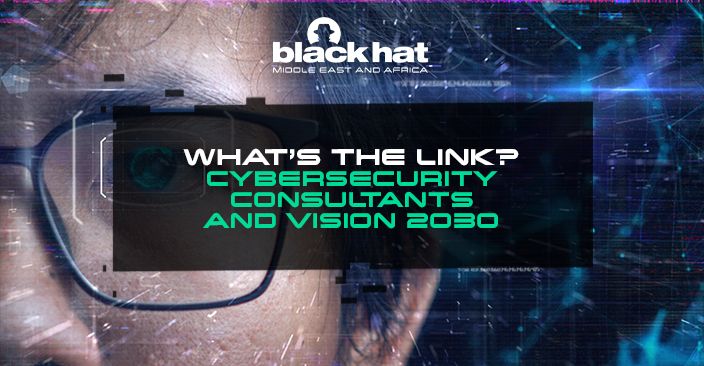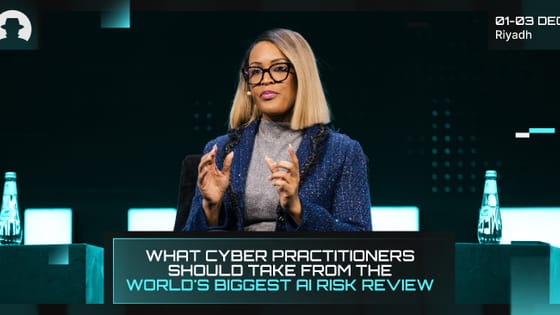
We asked Abdullah Alsanad (Cybersecurity Team Lead at NOZOM Consultancy) how he launched his career in cybersecurity – and how his company’s work intersects with Saudi Arabia’s Vision 2030.
NOZOM is a key tech consultant firm for over 35 large Saudi-based organisations, including banks, energy enterprises, and government departments. In the wake of fast-paced digital transformation, Alsanad’s team is working to support its clients to maximise the benefits of digitisation – while identifying and protecting the inevitable vulnerabilities that arise.
How did you begin your career in cybersecurity - and what are the most exciting aspects of your work?
“My personal career in cybersecurity started with a lot of passion in the early stages, before graduating from my bachelor’s degree. Eight years ago I was attracted to the idea of a typical ‘movie hacker’, so I entered the world of exploiting these vulnerabilities – and also gained my first certificate as an ethical hacker back in 2016.
“After graduation I had an opportunity to participate in MiSK Foundation, joining an information security training program, which allowed me to gain knowledge that led me to join the telecom sector (and specifically, STC Solutions).
“[STC has] huge capabilities: in digital transformation, 5G, IOT, Cloud, Big Data. These capabilities needed to be protected for the sake of the organisation and the customer.
Personally, I’ve built a plan to secure all of Saudi Arabia’s critical assets, not just STC – and this led me to NOZOM. A company that provides high quality services in the field of Cybersecurity that exceed the expectations in terms of the Cybersecurity GRC , Defense and Resilience. The exciting thing about NOZOM is the ability to work on multiple large clients such as Government, Banking, Oil & Gas; which allow you to utilise your skills in the best way.”
How crucial is the development of cybersecurity infrastructure to support Saudi Arabia's Vision 2030?
“As we know Saudi Arabia started [working towards] the Vision 2030 from the beginning of 2015. Since that time the country needed a program that can transform ‘old school’ organisations from paper-based to digitised documents, and then to a complete digital service.
“Saudi Arabia has invested a lot to build a program covering this process of digital transformation. To continue providing these services there are many kinds of risks that can harm an organisation and stop its operations – including Cybersecurity risks. The organisations need to invest more to build their infrastructure to be more mature and raise their maturity model to the highest level in order to protect these services.”
What’s the value of Black Hat MEA for your organisation?
“Black Hat is a great opportunity to gather individuals and business leaders to understand the upcoming threats we’re facing in the next 5-10 years from now, [so we can] explore NOZOM’s capability to protect organisations from these threats while connecting to each other during the event.”
Thanks to Abdullah Alsanad at NOZOM. Want to learn more? Register now to attend #BHMEA23




